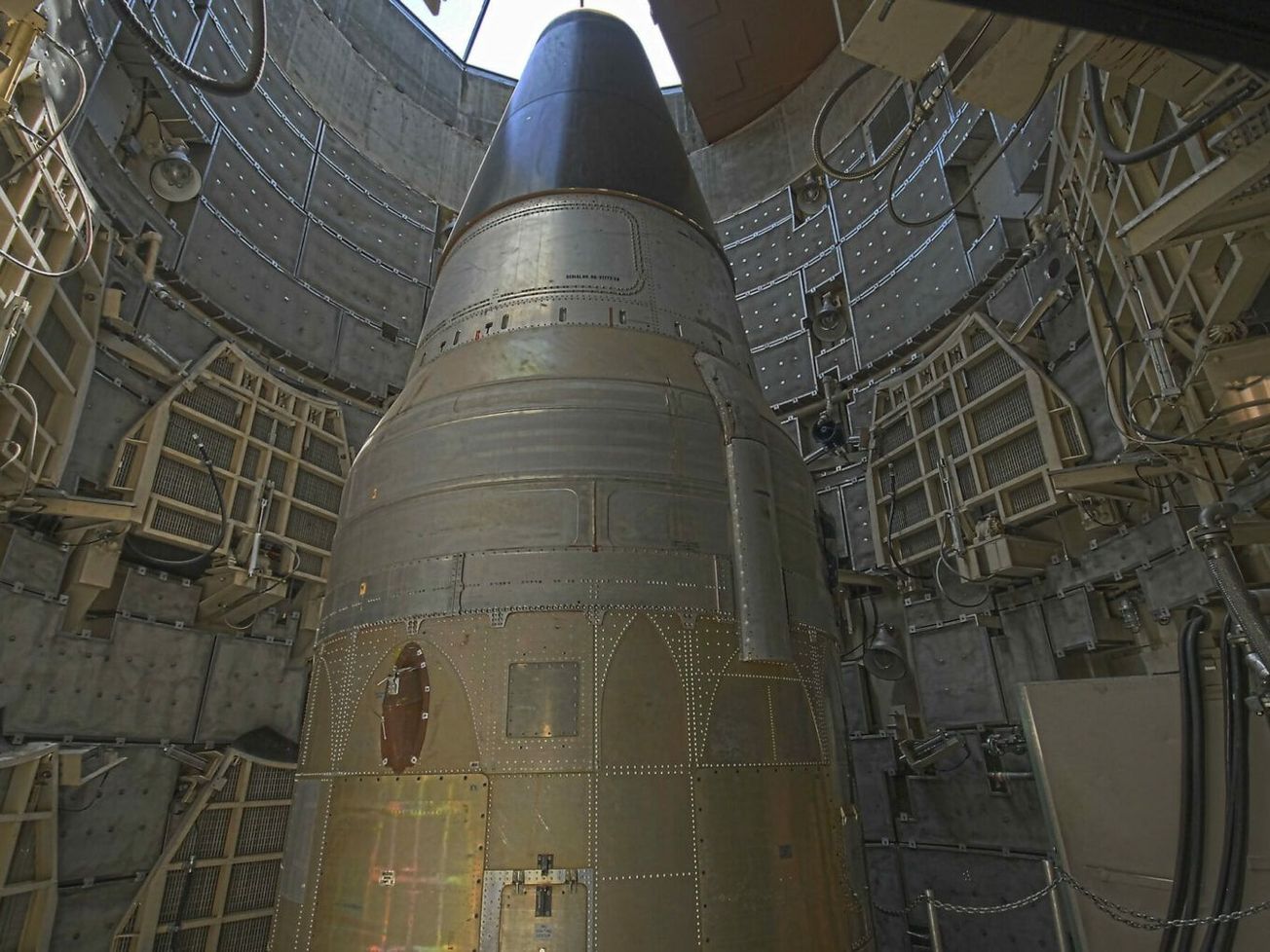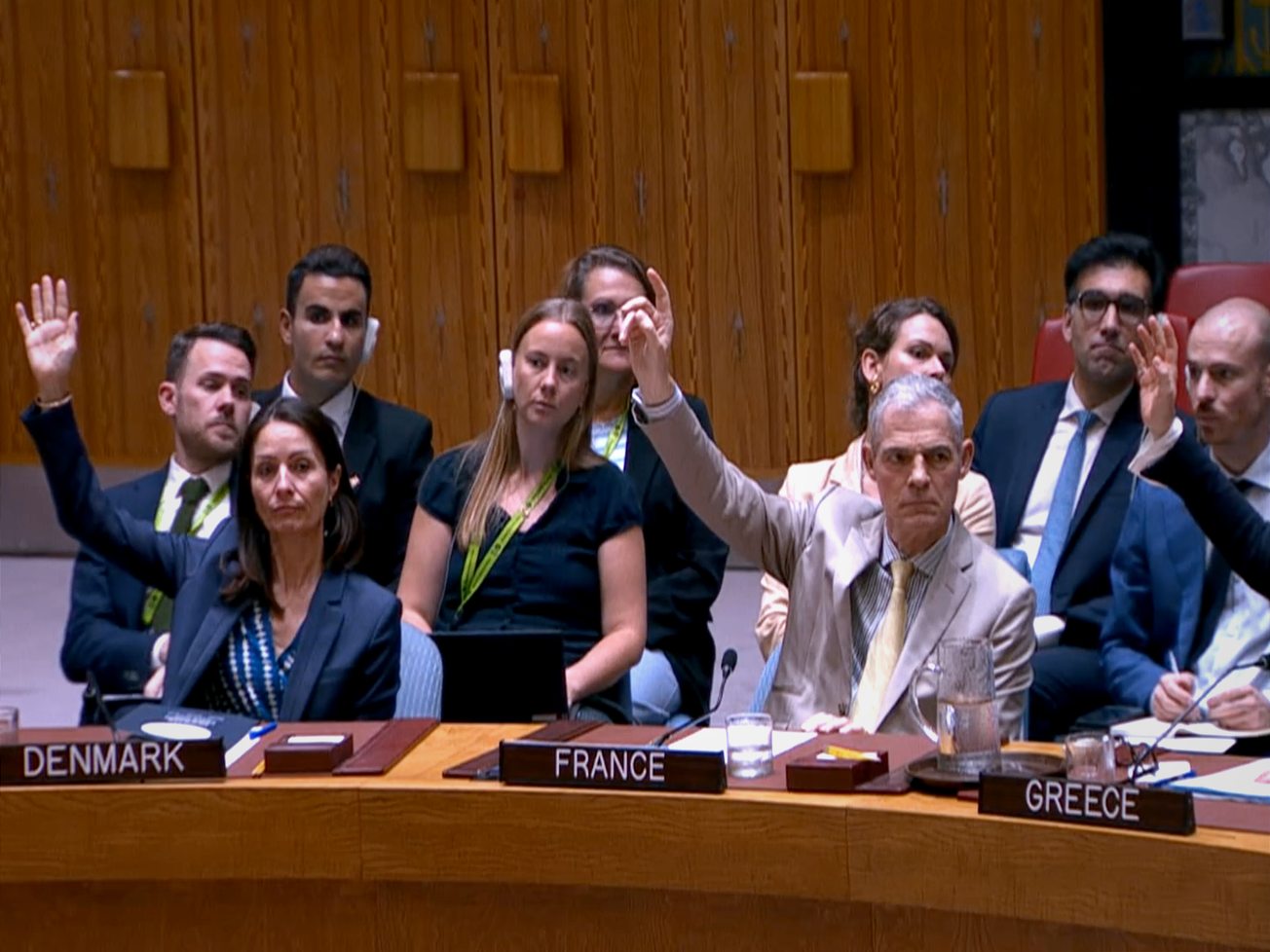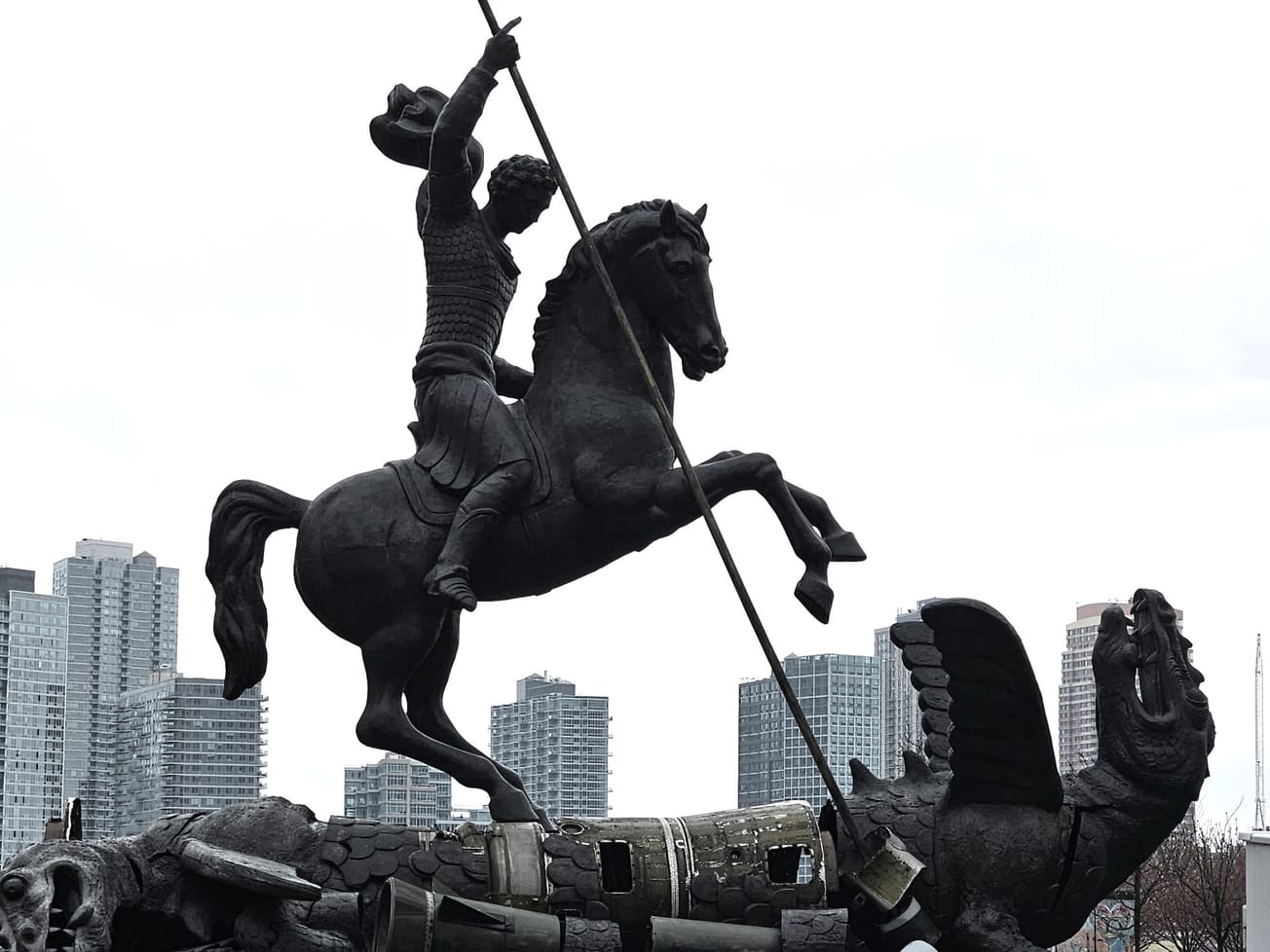VIENNA (AN) — The United States and Russia resumed nuclear disarmament talks on Monday after more than a year, despite the unknown effects of China's non-participation and a looming U.S. presidential election.
Talks between Marshall Billingslea, the U.S. special presidential envoy for arms control, and Sergei Ryabkov, Russia's deputy foreign minister, were planned to negotiate possibly extending the decade-long U.S.-Russia nuclear pact known as New Strategic Arms Reduction Treaty, or New START. U.S. President Donald Trump's administration appeared intent on scapegoating China from the start.









